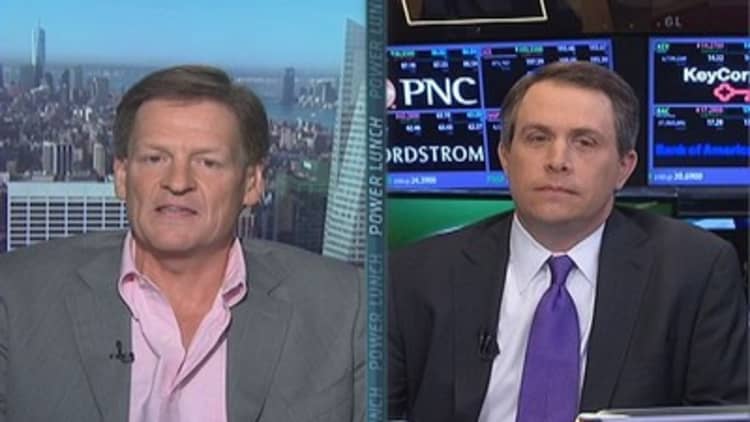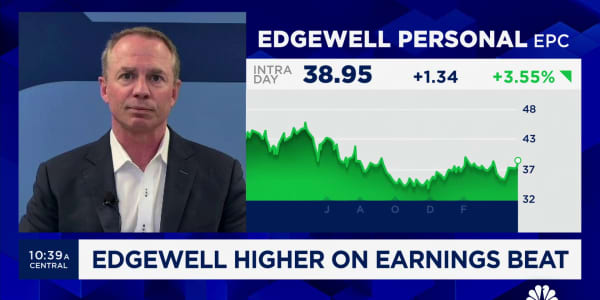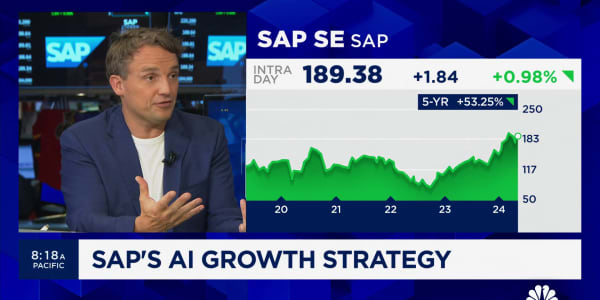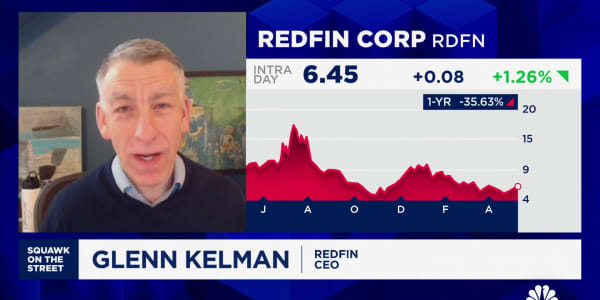Michael Lewis' indictment of high-frequency trading practices in "Flash Boys" prompted vocal push-back from some on Wall Street. But a new survey shows that most people in the financial community appear to agree with Lewis and other HFT critics.
Seventy percent of 357 industry professionals—mostly from "buy-side" firms such as hedge and mutual funds—do not believe U.S. equity markets are fair for all participants, according to the U.S. Equity Market Structure Survey by broker ConvergEx. Some 18 percent said yes and 11 percent didn't know.
On HFT specifically, 51 percent of respondents said that it was "harmful" or "very harmful" to participants in U.S. equity markets. Only 19 percent said HFT is "helpful" or "very helpful."
Read MoreWhat is high-frequency trading?
"Our survey found that a majority of financial industry participants believe that the U.S. equity markets are unfair and that HFT is harmful," said Eric Noll, president and chief executive officer of ConvergEx.
"What may be surprising, however, is that most people seem to be taking a wait-and-see posture. Very few respondents to our survey have made any changes recently to the way they interact with the markets and the majority feel that regulatory changes can provide answers."
It's unclear how much "Flash Boys" has influenced peoples thinking; this is the first time ConvergEx has done the survey.

The book chronicles the efforts of Brad Katsuyama and a team of other trading experts who put together a system designed to foil the current HFT system of picking off orders from slower computers and using the technology to make billions.
Read MoreKatsuyama vs. O'Brien - who won the fight?
"Our survey seems to tell a very clear story. Most professional investors and institutional brokers do not feel that markets treat all participants fairly," Nicholas Colas, ConvergEx's chief market strategist, said in a statement accompanying the survey. "They worry about how fragile markets might become during periods of abnormally high volume."
"At the same time, they are cautiously picking their way through the minefield in which they find themselves and are unsure what role regulators should play," he added. "How the landscape will change as a result of their unease is still unclear. What is certain is that change is coming."
—By CNBC's Lawrence Delevingne






